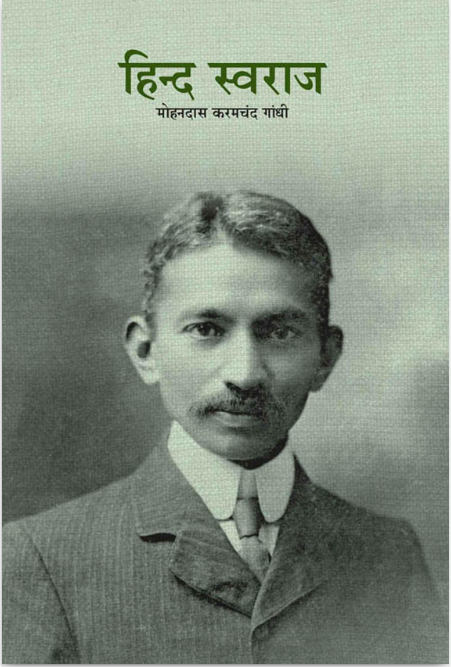Krishna Chandra Bhattacharyya (1875–1949), the author of the essay titled ‘Svaraj In Ideas’ written in 1928, is perhaps the best-known academic philosopher of the colonial period. He held the King George V Chair (now the B. N. Seal Chair) in Philosophy at the University of Calcutta and trained many of the eminent philosophers of the post-independence period.
The following are some excerpts from the essay:
Excerpt 1:
We speak today of Svaraj or self-determination in politics. Man’s domination over man is felt in the most tangible form in the political sphere. There is however a subtler domination exercised in the sphere of ideas by one culture on another, a domination all the more serious in the consequence, because it is not ordinarily felt…. Cultural subjection is ordinarily of an unconscious character and it implies slavery from the very start. When I speak of cultural subjection, I do not mean the assimilation of an alien culture. That assimilation need not be an evil; it may be positively necessary for healthy progress and in any case it does not mean a lapse of freedom. There is cultural subjection only when one’s traditional cast of ideas and sentiments is superseded without comparison or competition by a new cast representing an alien culture which possesses one like a ghost. This subjection is slavery of the spirit; when a person can shake himself free from it, he feels as though the scales fell from his eyes. He experiences a rebirth, and that is what I call Svaraj in Ideas.
Excerpt 2:
Our education has not so far helped us to understand ourselves, to understand the significance of our past, the realities of our present and our mission of the future. It has tended to drive our real mind into the unconscious and to replace it by a shadow mind that has no roots in our past and in our real present. Our old mind cannot be wholly driven underground and its imposed substitute cannot function effectively and productively. The result is that there is a confusion between the two minds and a hopeless Babel in the world of ideas. Our thought is hybrid through and through and inevitably sterile. Slavery has entered into our very soul.
Excerpt 3:
In politics our educated men have been compelled to realize by the logic of facts that they have absolutely no power for good, though they have much power for evil, unless they can carry the masses with them. In other fields there is not sufficient realization of this circumstance. In the social sphere, for example, they still believe that they can impose certain reforms on the masses—by mere preaching from without, by passing resolutions in social conferences and by legislation. In the sphere of ideas, there is hardly yet any realization that we can think effectively only when we think in terms of the indigenous ideas that pulsate in the life and mind of the masses. We condemn the caste system of our country, but we ignore the fact that we who have received Western education constitute a caste more exclusive and intolerant than any of the traditional castes. Let us resolutely break down the barriers of this new caste, let us come back to the cultural stratum of the real Indian people and evolve a culture along with them suited to the times and to our native genius. That would be to achieve Svaraj in Ideas.
(The full essay is available for download here)
